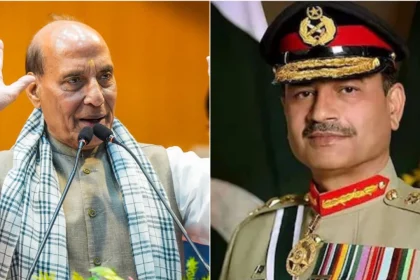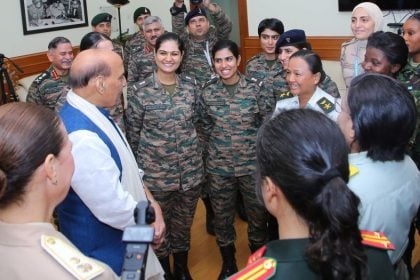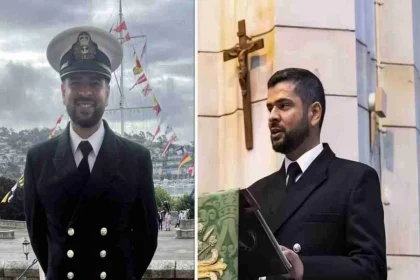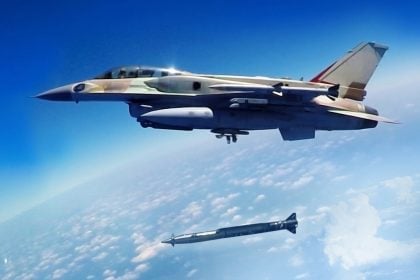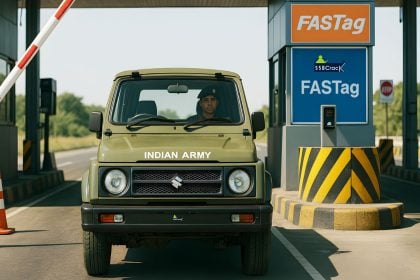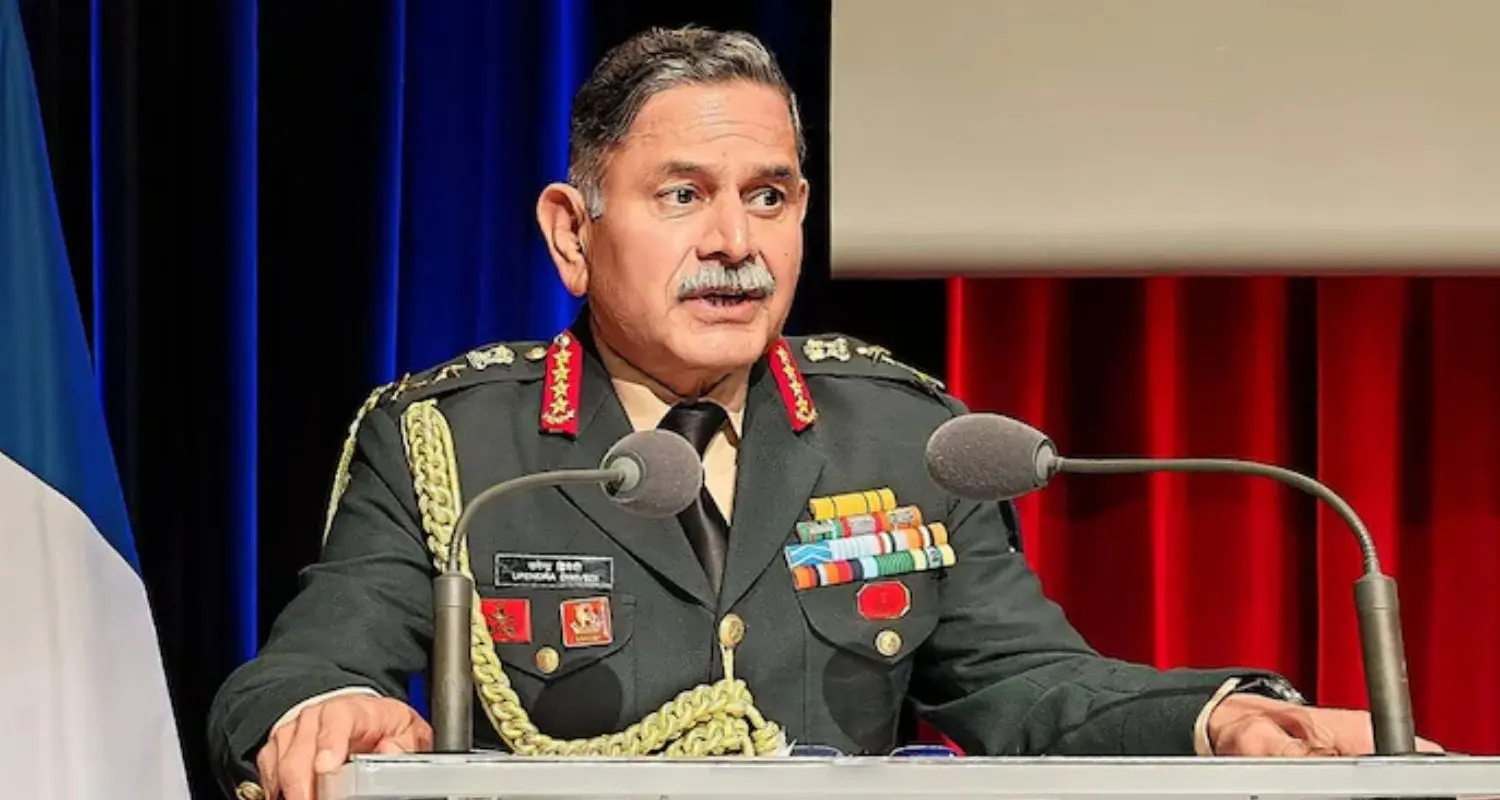Rajnath Singh Hits Back at Pak Army Chief Asim Munir’s ‘Mercedes-Dump Truck’ Analogy
Defence Minister says remark is a confession of Pakistan’s failures; stresses India’s strength lies in economic growth, military preparedness, and…
Rajnath Singh Interacts with Global Women Peacekeepers at UN Women Military Officers Course 2025
Says women officers are ‘torchbearers of change’, unveils UN Journal on 75 years of Indian Peacekeeping.
Meet Bhanu Attri: Royal Navy’s First-Ever Hindu Chaplain
He moved to London in 2009, serving as a Hindu priest and leading a temple for over a decade.
India Bolstering Israeli Rampage Missile Arsenal to Enhance Preparedness
IAF plans large-scale induction of Rampage air-to-ground missiles after proven success in Pakistan strikes.
Can an Indian Army Soldier Skip Toll Tax in India? The Law Explained
There’s a lot of confusion (and viral half-truths) about whether an Indian Army soldier can pass every toll plaza for…
Army Chief General Upendra Dwivedi to Visit Algeria, Eyes Expansion of Defence Ties in Africa
First overseas visit after Operation Sindoor victory to focus on strengthening Army-to-Army cooperation and defence industrial partnership.

